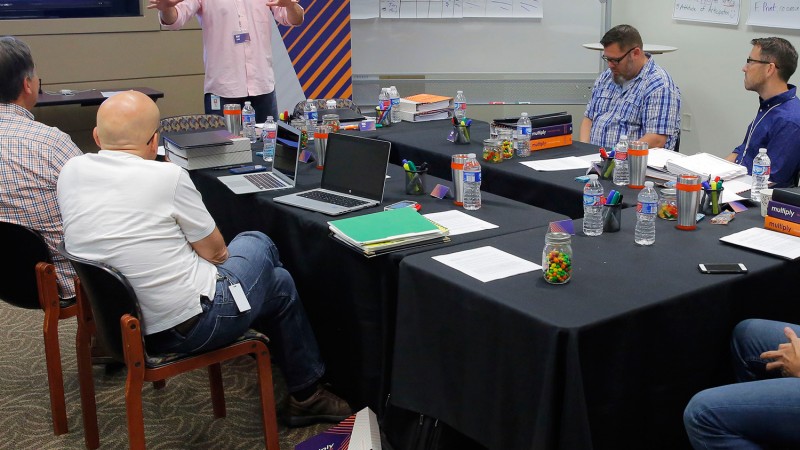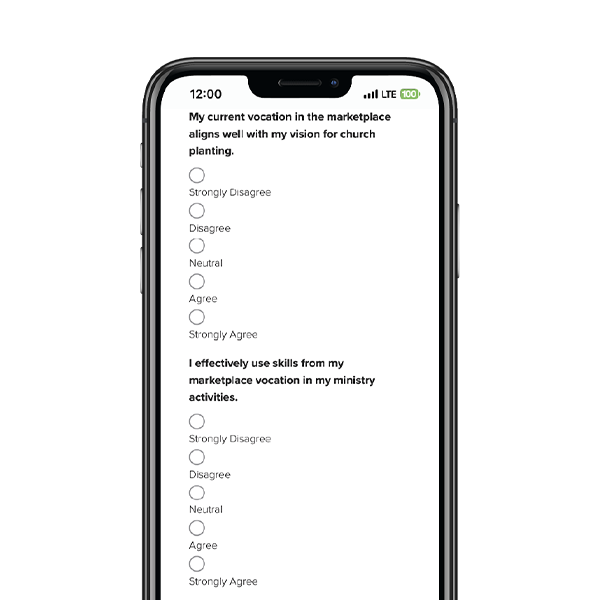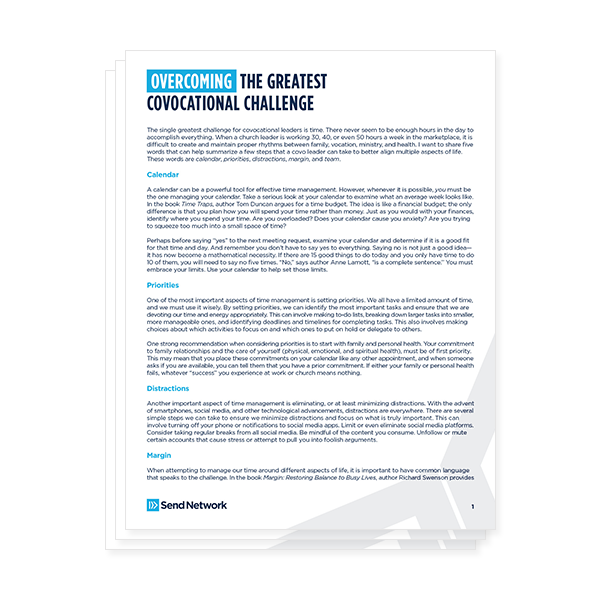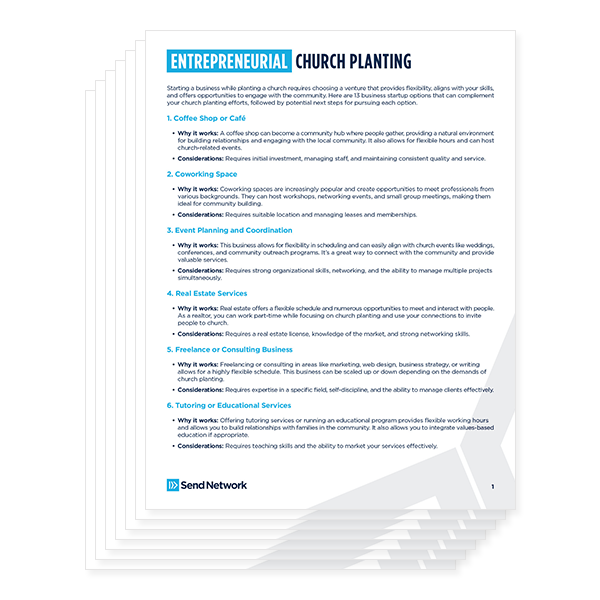Back in my day (incidentally, I’ve always wanted to use that phrase), there was a common occurrence each school year. It typically happened a few weeks after classes started. By that point, you knew who was in your classes, had carefully selected your seating arrangements, spent time forming alliances with those we liked and plotting against those you didn’t. Then, one day, a new student would come to class unannounced. For any number of reasons—be it late registration or an unexpected move—this unfortunate soul had to enter a class where the teams had already been formed. For the next several weeks, this student had to do the hard work of breaking into the circles of an already-formed relational community—a task that was brutal for the average middle schooler.
Church planters often face the same challenge. They are tasked with the arduous work of entering into a relational ecosystem that has formed over decades. The average American city already contains an assortment of local church pastors, some of whom have been serving in the city for longer than the planter has been alive. Alongside of pastor, there are associational leaders, missionary workers and a wide assortment of other Christian leaders. Over time, relationships have formed between these pastors and leaders due to their shared mission or similar personality. Other relationships have been forged though the pain that comes from pastoring people in a fallen world. The relational connections, while not built around petty affinities like a middle school classroom, are tight indeed.
So, what’s a planter to do? How does he break into this world and form meaningful relationships with those who perceive him as an outsider?
Take the lead
It’s easy for young pastors to bemoan the passivity of other leaders in their city. “I came to the city, and no one cared enough to reach out to me. I was all alone.” Perhaps that’s true, but it’s not entirely the existing pastors fault. We are still emerging out of the days when church planting equated to the angsty youth pastor who went a mile down the street from his current church to plant a “new work”—all the while chunking verbal hand grenades at the liabilities of the established church he’d just left. Many existing pastors have been wounded, or have seen their friends wounded, by such folly. Other pastors have attempted to forge meaningful relationships with planters in the past only to have them bail after two years or failing to reciprocate the investment. So, it’s no wonder they are a bit skeptical of the new guy. Planters combat this stereotype by taking the risk of seeking out others—not so they can raise money or build alliances—but simply to connect with those God has used, and is using, to make a difference in the cities they love.
Watch the chippiness
I don’t know if “chippiness” is a word, but if you hang around church planting circles for long you will quickly experience this reality. Planters start churches because they are passionate. They take great risks because they love the local church and see a need for a healthy representation of the bride of Christ in the city. They see things that are not happening in a certain location and give of themselves to make a difference. This makes planters, planters. But, this passion can be destructive for relationships.
In an effort to share our vision, we intentionally or unintentionally, are prone to disparage those who do it differently. Are there times when the establishment needs to be challenged? Certainly. But, I’m convinced that planters consistently do themselves a disservice by speaking too early and too universally about the flaws they observe. They speak too early when they have not built the relational capital needed to be heard. And, they speak too universally when they make generalized claims that are easy to discredit. “We’re here because this city needs a church that preaches the Bible!” True, but the implication is that there aren’t any other church that do. Not likely. “We’re the church for people who aren’t welcomed in other churches.” Ok, great mission, but does this mean that every other church shuns those who don’t fit the religious mold? Again, not likely.
A wise man once told me, “Excel at understatement.” His point was that we live in a world where simplistic platitudes are the norm and grandiose statements garner widespread attention. But, they aren’t likely to win you friends in a new city, especially when those verbal spars are being taken at leaders who’ve loved Jesus and the church for a really long time.
Here’s the point. Relationships are hard. Relationships with pastors and denomination leaders are often even harder. Don’t compound the challenge by walking into a new city with your gun’s blazing. Be humble. Pursue people. Listen well. Pray consistently. Serve together. Love openly. In God’s time, these simple acts will win you the favor and friends you so desperately need.
Published February 7, 2017




